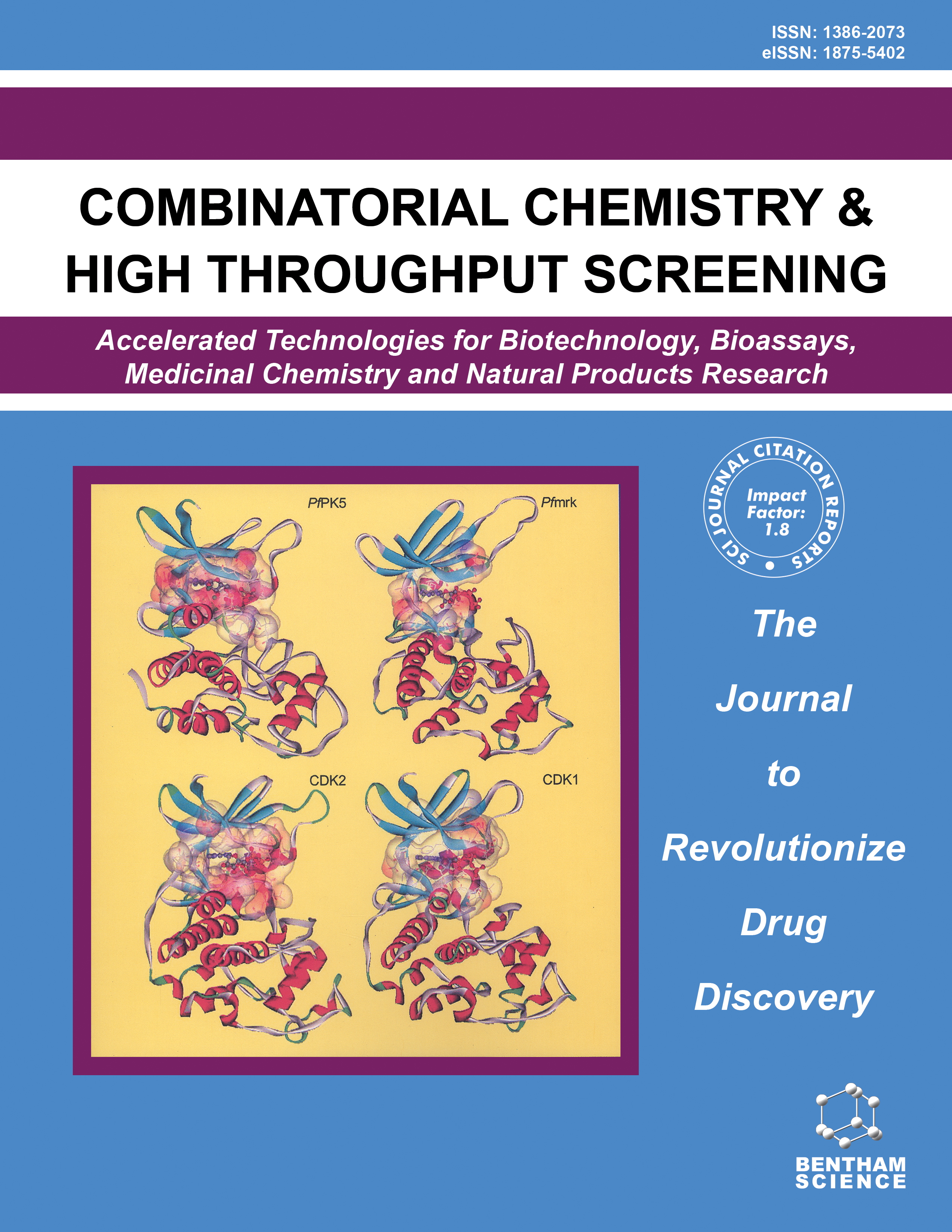
Full text loading...

ABCA family proteins regulate cholesterol transport, which affects cancer-related processes such as membrane dynamics and tumor progression. However, their roles in gastric cancer (GC) remain unclear.
This study systematically investigated the expression profiles, prognostic significance, and immune-related roles of ABCA family genes in GC using data from The Cancer Genome Atlas (TCGA). Kaplan-Meier and Cox regression analyses assessed survival relevance, while logistic regression and ROC curves evaluated clinical associations and diagnostic value. Immune infiltration and gene correlation were analyzed via ssGSEA and Pearson correlation. TIDE and “oncoPredict” were used to estimate immunotherapy response and chemotherapy resistance. Gene Set Enrichment Analysis (GSEA) identified related signaling pathways. Quantitative PCR validated ABCA expression in cell lines.
Several ABCA genes (e.g., ABCA1, ABCA2, ABCA7, ABCA13) were upregulated, while others (e.g., ABCA8, ABCA9) were downregulated in GC tissues. Expression levels correlated with pathological stage, grade, and lymph node metastasis. ABCA1, ABCA3, ABCA4, ABCA6, ABCA8, and ABCA9 were identified as independent prognostic factors. Nomogram models showed good predictive performance. High ABCA expression was associated with increased infiltration of multiple immune cells and co-expression with immune checkpoint genes. TIDE analysis indicated lower predicted ICI response, and ABCA levels correlated with resistance to cisplatin, 5-FU, and paclitaxel. GSEA revealed enrichment in ECM-receptor interaction, cell adhesion, autophagy, and PI3K-Akt pathways.
ABCA genes exhibit distinct expression and prognostic patterns in GC and are closely linked to tumor immunity and drug resistance, supporting their potential as biomarkers and therapeutic targets.

Article metrics loading...

Full text loading...
References


Data & Media loading...
Supplements